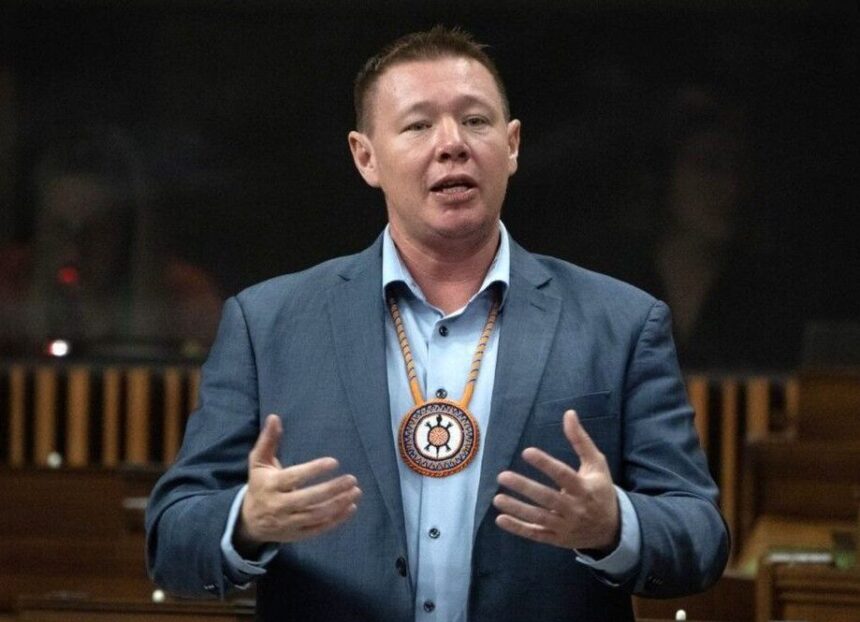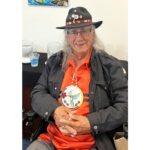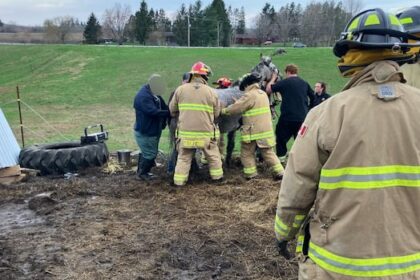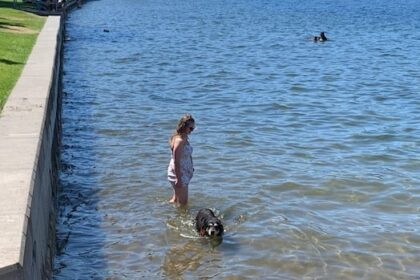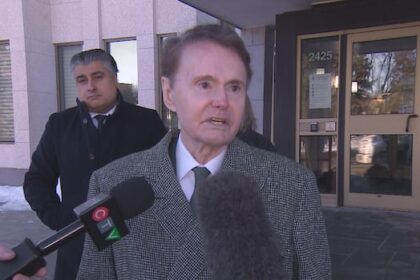Cape Breton-Canso-Antigonish MP Jaime Battiste tabled a motion in the Senate last week that will study proposed changes to the Indian Act — notably the sections determining individual status. Battiste says he wants to see First Nations leaders and communities take a leadership role in any proposed amendments or deletions. Photo by CONTRIBUTEDArticle contentA Cape Breton member of parliament has tabled a motion to create a study looking at the impacts of sections of the Indian Act that affect who can be established as a status Indian. THIS CONTENT IS RESERVED FOR SUBSCRIBERS ONLY.Subscribe now to access this story and more:Unlimited access to the website and appExclusive access to premium content, newsletters and podcastsFull access to the e-Edition app, an electronic replica of the print edition that you can share, download and comment onEnjoy insights and behind-the-scenes analysis from our award-winning journalistsSupport local journalists and the next generation of journalistsSUBSCRIBE TO UNLOCK MORE ARTICLES.Subscribe or sign in to your account to continue your reading experience.Unlimited access to the website and appExclusive access to premium content, newsletters and podcastsFull access to the e-Edition app, an electronic replica of the print edition that you can share, download and comment onEnjoy insights and behind-the-scenes analysis from our award-winning journalistsSupport local journalists and the next generation of journalistsRegister to unlock more articles.Create an account or sign in to continue your reading experience.Access additional stories every monthShare your thoughts and join the conversation in our commenting communityGet email updates from your favourite authorsSign In or Create an AccountorArticle contentJaime Battiste, who represents the federal riding of Cape Breton-Canso-Antigonish riding, appeared before the Senate’s Standing Committee on Indigenous and Northern Affairs (INAN) last week and asked it to move forward in amending Sections 6.1 and 6.2 with the leadership and participation of First Nation communities in Canada. Article contentArticle contentArticle contentThose particular sections are also known as the “Second-Generation Cut-off” and have been in force since 1985. The federal government has authority over the Indian Act and who can be considered a status Indian in Canada. Article content“This study will examine the impacts of the unstated paternity policy and the gradual decrease of status Indians in some First Nations bands,” Battiste told the Senate committee. “It will look for possible solutions and amendments.” Article content‘GENUINE APPETITE’Article contentThe first Mi’kmaq to take a seat in Parliament, he said there has been a wish to amend or remove these sections for the past 40 years. Article content“I think there is a genuine appetite to remove these second generation cut off clauses and unstated paternity policy. The question is: what do we replace it with?” Battiste said. Article contentUnder the Indian Act, the registration of an individual is based on ancestry and the status of both parents. According to information on the Assembly of First Nations website, when a person files for First Nation Indian status, there may be situations where the parent, grandparent or other ancestor is unknown or willingly not stated on birth documents. Article contentArticle content“These types of situations could negatively affect a person’s ability to be registered as a status Indian,” the information says. Article contentPeople can be declared status Indians if both parents are Indigenous as per 6.1. But if only one parent is Indigenous and the other is non-indigenous or not listed, the child can be listed as status Indian, but their child — if they have one — will not have status. Article contentPeople are losing their right to Indigenous registration after two consecutive generations of parenting with a person who is not entitled to registration themselves. This is why the clauses are referred to as “the second generation cut-off” and First Nation’s communities are concerned about declining population. Article contentIn some places, members can foresee communities being depleted of status Indians within two to five generations. Article content Jaime Battiste, shown during a 2024 event that commemorates the 150th anniversary of the signing of Treaty 4 in Fort Qu’appelle, Sask.: “It should be the First Nations communities themselves who decide who is and who isn’t a member of their communities, not the Indian Act sections from 40 years ago.” Photo by HEYWOOD YU/REGINA LEADER-POST FILEArticle contentCONCERNED ABOUT GENDER BIASArticle contentAlso, Indigenous women are concerned about the gender bias that continues in the existing system. Not all women want the name of the father on a birth certificate, and it is unfair to pressure them into doing so to prove their child’s status.
Cape Breton MP Battiste tables motion to study amending Indian Act, wants to see more Indigenous leadership
